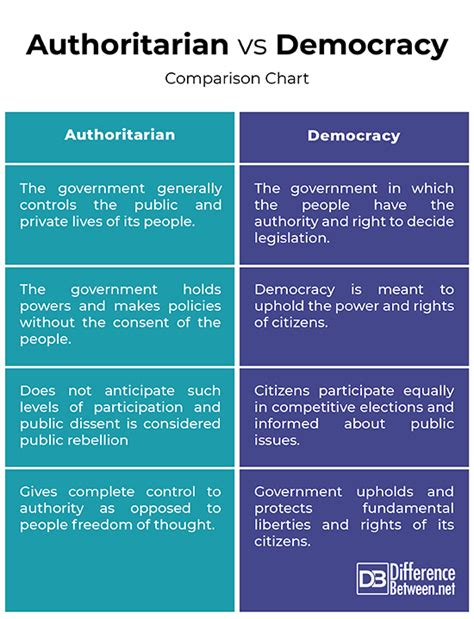While democratic and authoritarian governments differ in many aspects, they share striking similarities in their conduct of war. History reveals a pattern of comparable practices and motivations that transcend political ideologies.

Motive: Self-Preservation and National Interest
Both democratic and authoritarian governments engage in war primarily for self-preservation. They seek to protect their territories, resources, and citizens from external threats. The desire to safeguard national interests also plays a significant role, driving both types of governments to expand their influence and secure geopolitical advantages.
Use of Force: Military Power and Diplomacy
Both democracies and autocracies employ military force to achieve their wartime objectives. They mobilize armies, engage in combat, and deploy advanced weaponry. However, authoritarian governments are often more willing to resort to indiscriminate violence and commit human rights abuses.
In addition to military power, both types of governments use diplomacy to shape the course of war. They engage in negotiations, build alliances, and seek international support. Diplomacy can help mitigate conflict, secure ceasefires, and facilitate peace agreements.
Propaganda and Public Support
Wartime propaganda is a common feature in both democratic and authoritarian societies. Governments mobilize media outlets, educational systems, and cultural institutions to sway public opinion and generate support for the war effort. Propaganda often portrays the enemy as evil or threatening, while glorifying the national cause.
Public support is crucial for maintaining the morale and resources necessary for a prolonged war. Both democracies and autocracies strive to cultivate positive public sentiment through propaganda and other means.
Economic Mobilization and Resource Allocation
War demands a significant allocation of resources. Both democratic and authoritarian governments implement economic measures to meet wartime needs. They increase taxes, introduce rationing, and divert industrial production towards military purposes.
In democratic societies, economic mobilization often involves consultation with business leaders and labor unions. In contrast, authoritarian governments typically exercise tighter control over economic resources and decision-making.
Human Cost and Post-War Recovery
War inevitably inflicts human suffering and loss. Both democratic and authoritarian governments bear the responsibility of caring for injured soldiers, displaced civilians, and war-torn communities.
Post-war recovery presents challenges for both types of governments. They must address social and economic damage, provide reparations, and promote reconciliation within their societies.
Comparative Analysis
To illustrate the similarities between democratic and authoritarian governments in wartime conduct, let us examine some key aspects:
| Aspect | Democratic Governments | Authoritarian Governments |
|---|---|---|
| Motive | Self-preservation, national interest | Self-preservation, national interest |
| Use of Force | Military power, diplomacy | Military power, often indiscriminate violence |
| Propaganda | Mobilize public support | Control and manipulate public opinion |
| Economic Mobilization | Consultation, resource allocation | Tight government control over resources |
| Human Cost and Post-War Recovery | Care for soldiers, civilians, and communities | Often neglect or suppress human suffering |
Conclusion
Despite their ideological differences, democratic and authoritarian governments exhibit remarkable similarities in their wartime conduct. They prioritize self-preservation, mobilize resources, engage in propaganda, and seek public support. While the intensity and nature of their actions may vary, the fundamental patterns of wartime behavior remain consistent. Understanding these similarities provides insights into the dynamics of conflict and the ways in which war affects societies regardless of their political systems.
